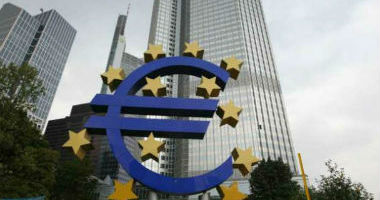 The European Banking Supervision Service announced that 24 large banks have not passed the EU stress tests. In this list: nine Italian banks, three Greek and three Cypriot banks. There were tested 123 banks of the EU member states to identify their ability to withstand another financial crisis.
The European Banking Supervision Service announced that 24 large banks have not passed the EU stress tests. In this list: nine Italian banks, three Greek and three Cypriot banks. There were tested 123 banks of the EU member states to identify their ability to withstand another financial crisis.
Testing was conducted on the basis of data on the financial condition of banks by the end of 2013 and showed a cumulative deficit of capital in the amount of 25 billion dollars. The banks now have nine months to shore up its finances. Otherwise, they risk being closed.
Ten banks from the crisis list already taken measures to maintain fiscal balance.
The audit showed the worst position of Italian bank Monte dei Paschi, whose capital deficit is estimated at 2.1 billion euros (2.6 billion dollars).
Economic analysts say that fears about the financial health of banks were the main component of the financial crisis in the eurozone.
In some countries, the weakness of the banks is a deterrent to economic growth.
The checking also affected four British banks: Royal Bank of Scotland, HSBC, Lloyds Banking Group and Barclays. None of them failed the stress tests, although the performance of Lloyds was close to critical.
The European Commission welcomed the results of the tests. In a statement, the European Commission said that it was "hard check", unprecedented in its scale, and notes that the stress tests is an important step towards the creation of the union of European banks.







